Beaver Rewilding Impacts/sabaishaq
Beaver rewilding has profound ecological impacts, positively transforming ecosystems in various ways. When beavers are reintroduced to their native habitats or introduced to new areas, their activities create a cascade of effects.
Firstly, beavers engineer their surroundings by building dams and lodges. These structures create wetlands, which act as natural sponges, storing water during wet seasons and slowly releasing it during dry spells. This mitigates both flooding and drought, benefiting local flora and fauna.
Furthermore, beaver dams improve water quality by trapping sediment and pollutants, resulting in cleaner, clearer water downstream. This supports aquatic life, including fish populations, and enhances the overall health of aquatic ecosystems.
Beavers are also considered ecosystem engineers, as their foraging habits shape vegetation. They selectively harvest trees and shrubs, promoting diverse plant regrowth and providing habitat for various wildlife species. Their activities foster biodiversity by creating niches for amphibians, insects, and birds.
In summary, beaver rewilding has far-reaching impacts, creating more resilient and diverse ecosystems. It helps regulate water flow, improve water quality, and enhance habitat availability. Embracing the role of beavers as keystone species can contribute to the restoration and conservation of ecosystems in need of rejuvenation#sabaishaq
-
 1:04:44
1:04:44
globalearthrepair
9 months agoUnleashing Nature's Engineers: Allying with Beavers to Stabilize the Climate and Restore Ecosystems
26 -
 3:04
3:04
Joestrailcams
2 years ago $0.04 earnedBeaver Dam 7/7-8/8
31 -
 10:49
10:49
Atomic Gaming
1 year agoRoad to 500 Beavers E2: The Drought DESTROYS my Crops!
1 -
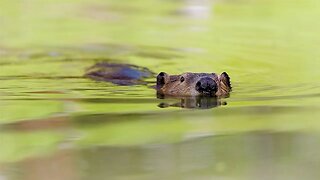 3:38
3:38
Kurt's News
10 months agoBeaver Rewilding Impacts Measured by NASA
113 -
 0:15
0:15
DankMarine Gaming
10 months agoDestroying Ana the Beaver
1 -
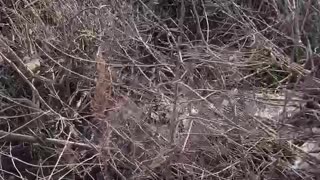 0:08
0:08
WakeInc
3 years agoBeaver Damn
26 -
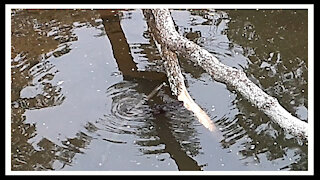 1:23
1:23
Wildlife Encounters
2 years agoBeaver
101 -
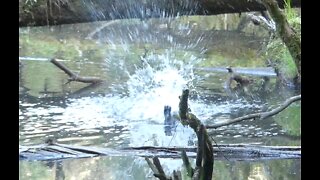 1:03
1:03
Misc Videos
1 year agoBeaver 7/4/22
11 -
 18:33
18:33
RenewedHomestead
1 year ago $0.01 earnedGarden Changes Coming! Deer Not Included!
181 -
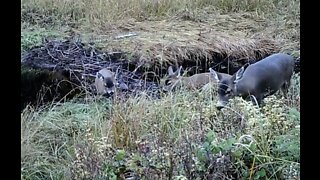 3:31
3:31
Misc Videos
1 year agoBeaver Dam, Autumn 2020
10